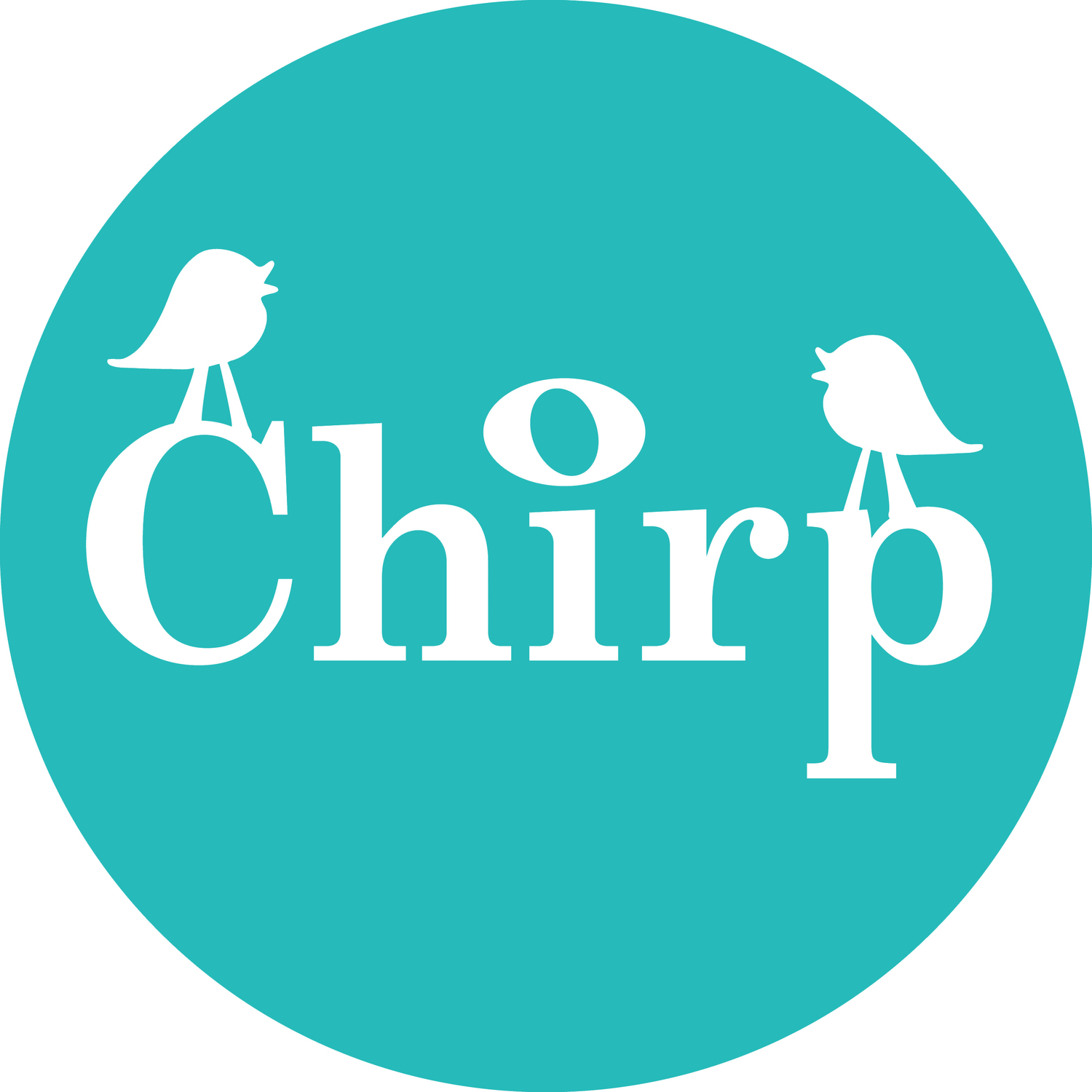Singing is storytelling in its purest form. It’s emotion, stripped back and revealed.
I learnt this early on. People said that I when I sang, I seemed more real than ever. Which was odd. But I knew what they meant.
In those moments, they saw me. Differently. Fully. That’s partly because I'm a trained singer who's unfazed by the spotlight, and adores applause. But it’s something else, too. There’s a gap between competent and captivating. And it's filled by honest emotion.
When I sing – really sing, I cast out a line and hook my audience at their core. I know that if I keep that line taught, channel their emotions through mine, they'll follow me. Anywhere. I can forget the notes, fluff a line. It doesn't matter: they're compelled to be mine. That's storytelling. You don't find it somewhere other than where you are. You don't find it in someone else's style, or in a checklist, or in handy hints. You find it in yourself.
I made my career from storytelling. When I worked in television finding, selling and telling stories was my day job. And I was good at it. So, what with all the telly and the singing, you’d think I'd mainline storytelling when I launched Chirp. After all, I'm hardly a shrinking violet.
But my storytelling sucked. I flouted the most important rule I’d learned: that storytelling must start with you, with why you care. And I didn’t want to own that. Or anything that might be about me. So I gathered up my facts, and exorcised myself.
While I cut myself out, I brought others in. I asked for advice. And got lots. The result was a muddled offering to which I felt no connection. (My fault, not theirs.) Chirp no longer reflected who I was, what I cared about and what motivated me. Instead, it reflected what other people thought I ought to care about. Chirp became their ambition, not mine. And that left me with no story to tell.
All very embarrassing and shambolic, and not the sort of mess I’m accustomed to making. But the thing is, it's awfully hard to tell your own story. To own what really matters to you, and why, and share that in an unpredictable world. It’s not about confidence, or polish or passion. It’s about breaching that gap between competent and captivating. It's about being real and present. And that's hard.
Telling stories founded in who I am has helped me make more of the right sort of impact, and less of the wrong sort. Emotional honesty isn't easy, particularly when it triggers discomfort in someone else. But it is more compelling than a pristine yet clinical spiel. So, blunders aside, that's what I do now. I think it's vital if you want to bring your unique self to work, and not leave your identity at the door.
That's why I use singing to help people tell stories – about themselves, their brands, their companies, their ideas for change. Singing asks you to be seen and heard just as you are. To witness your own emotions and channel them in others. Singing puts you on the line, makes you vulnerable, makes you human. It is challenging and personal and exposing. And I get that not everyone loves that, and certainly not all the time (exhausting prospect). But it does swiftly connect you to what really matters.
Storytelling, whether spoken or sung, isn’t about pretending, or trying to be someone you're not. (X Factor take note.) It's about using what's already there. It's about being present and real and yourself – just as you are in that moment. From that place of stripped back emotion, you can only tell your own story. And when you do, it's powerful stuff.

